
G7 weighs new sanctions on Russia to end Ukraine war
Al JazeeraExisting sanctions are some of the toughest ever imposed on a major economy, but there is still room to increase pressure. “The most important areas include oil and energy more broadly, non-energy trade sanctions and closing loopholes in this area, and technology sanctions.” A key focus of the G7 members – the United States, Canada, Japan, the United Kingdom, France, Germany and Italy – is expected to be enhancing the enforcement of existing sanctions, including clamping down on sanctions evasion involving third countries. The EU, which participates in G7 events as a “non-enumerated” member, is considering penalties for companies that help Russia get around sanctions, which would bring the bloc closer into alignment with the US sanctions regime. Instead of lowering the oil price cap, the G7 will focus on tightening the effective implementation of this measure.” But Demarais, who is also the author of Backfire: How Sanctions Reshape the World Against US Interests, said it is unclear if the G7 will be able to effectively plug the loopholes “given the scope of the problem and the creativity of the Kremlin to bypass sanctions”. Russia has been sanction-proofing the economy since this, developing domestic food chains, moving currency reserves into yuan, etc.” “The application of sanctions and the threat of more has not dissuaded Putin from continuing this war,” Ironside added, “and at this point, I think it’s safe to say they won’t.” But Rachel, the Russian sanctions group member at Stanford University, said sanctions were already affecting Russia’s military campaign and the G7 must step up efforts to support Ukraine and weaken the Russian state.
History of this topic

EU shares with India inputs on Indian entities making supplies to Russia in 'violation' of G7 sanctions
Hindustan TimesThe biggest remaining unsanctioned Russian bank hit with U.S. sanctions, nearly three years into war
Associated Press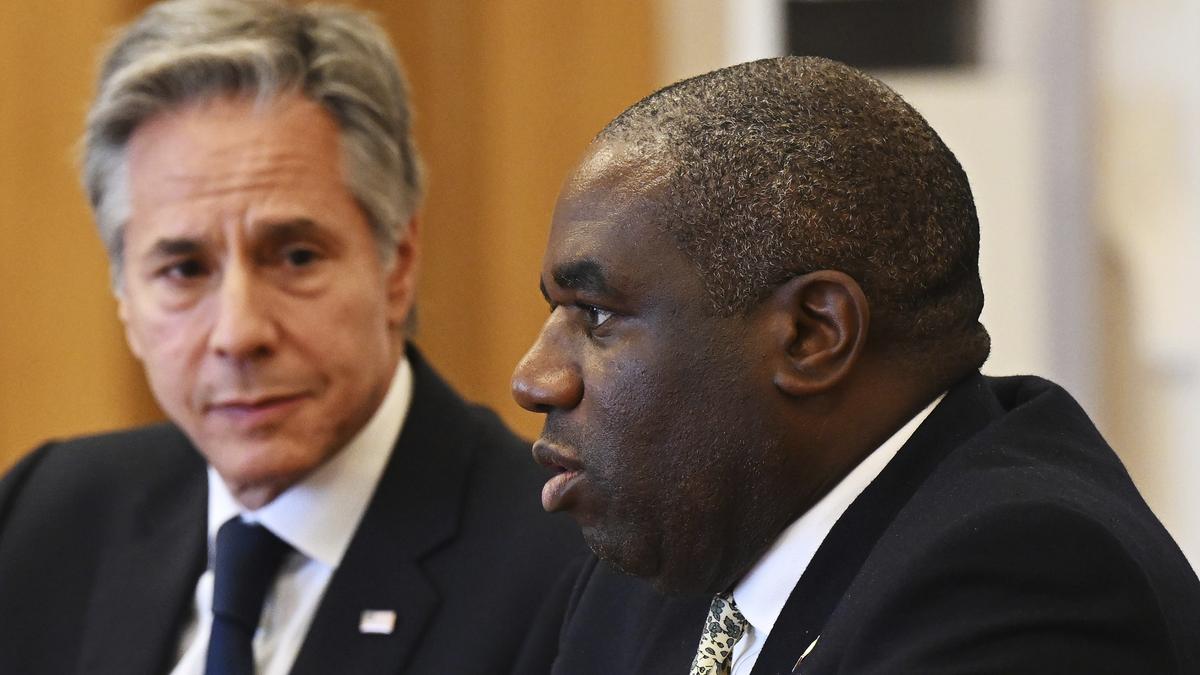
U.K. sanctions ten ships from Russia’s ‘shadow fleet’
The Hindu
Ukraine war may erupt again as G7 backs Zelensky with hardware
Hindustan Times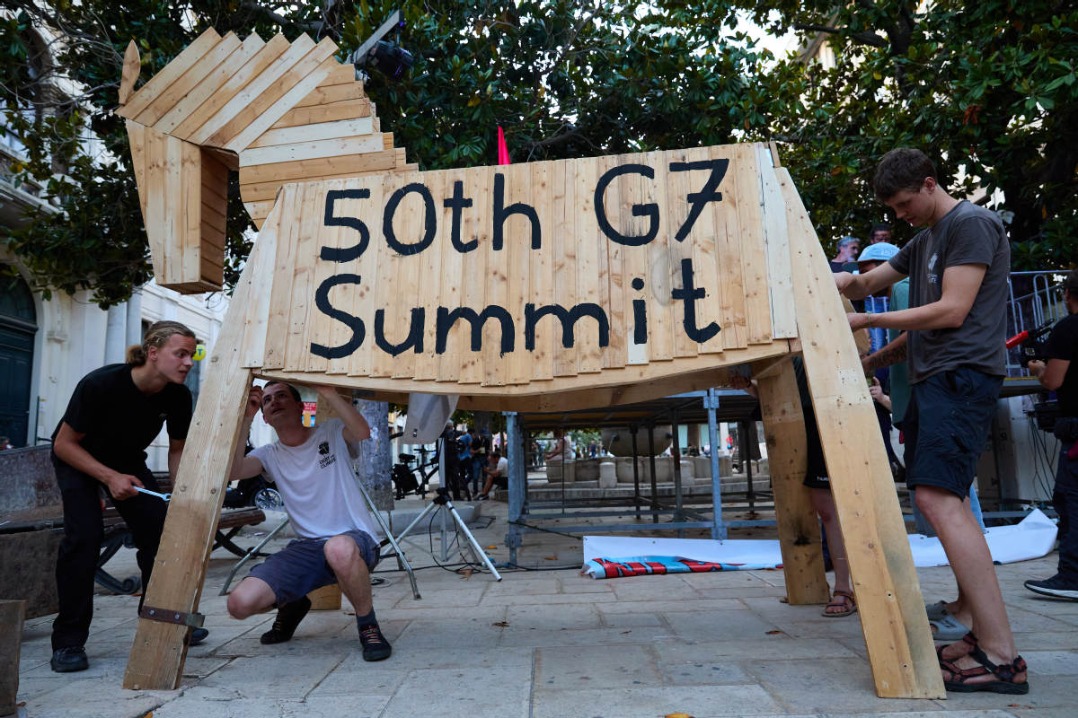
G7 doing what it has been doing for so long: China Daily editorial
China Daily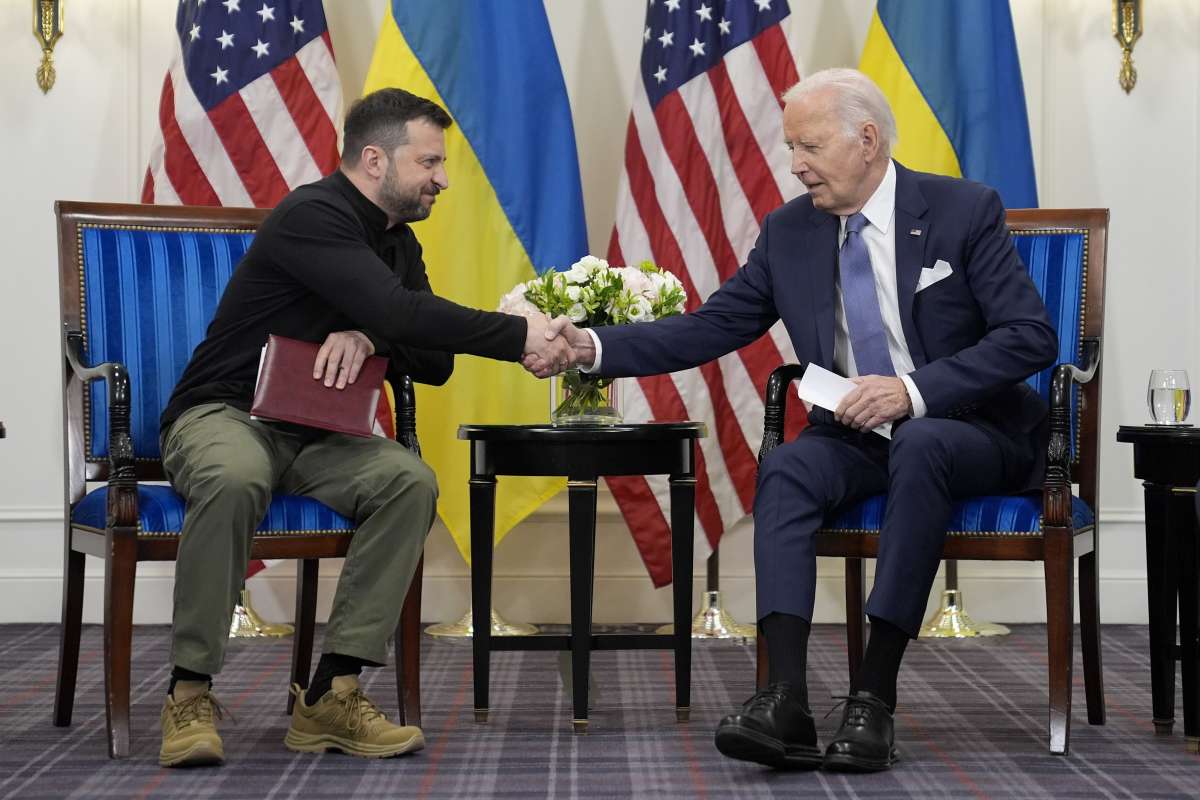
At G7 Summit, Biden, Zelenskyy sign 10-year defence agreement. Will US troops help Ukraine in Russia war?
India TV News
G7 approach to Ukraine crisis is dangerous
China Daily
Putin calls G7 deal on frozen Russian assets for Ukraine loan ‘theft’
Al Jazeera
G7 approach to Ukraine crisis is dangerous
China Daily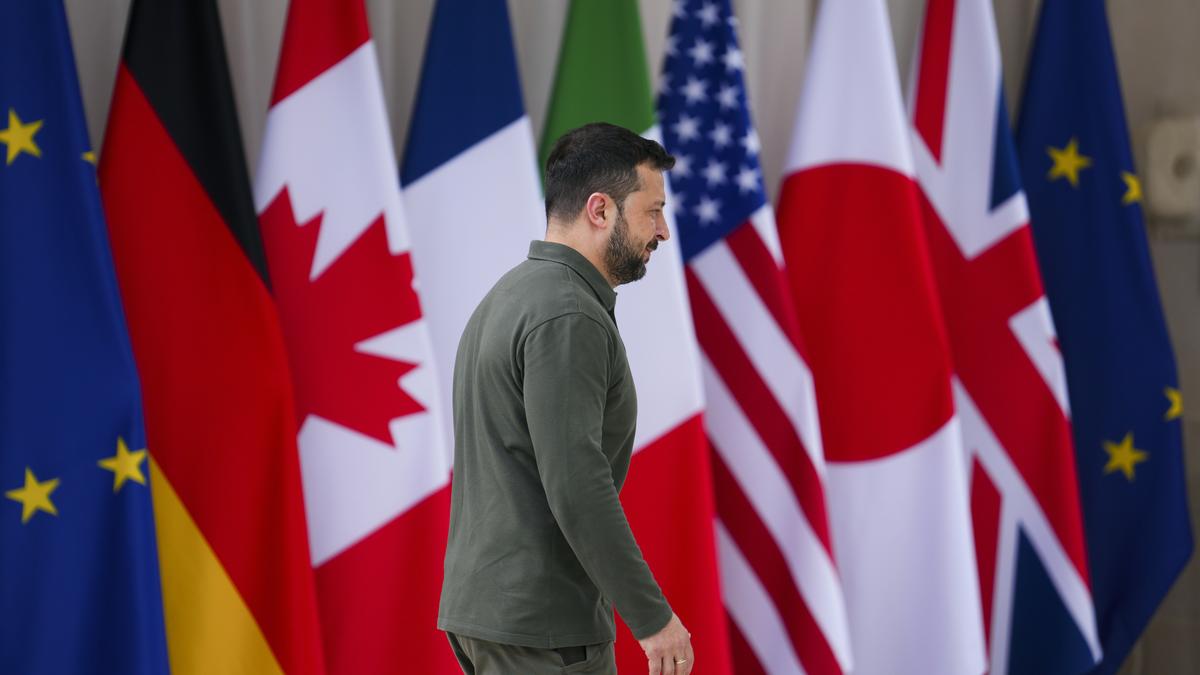
G7 summit opens with deal to use Russian assets for Ukraine as EU's traditional powers recalibrate
The Hindu
G7 summit opens with deal to use Russian assets for Ukraine as EU's traditional powers recalibrate
The IndependentThe Latest | Group of Seven summit turns to migration after promising tens of billions to Ukraine
Associated PressG7 summit opens with deal to use Russian assets for Ukraine as EU’s traditional powers recalibrate
Associated Press
G7 leaders agree to $50bn loan for Ukraine at annual summit
Al Jazeera
US expands Russia sanctions, targeting entities in China, UAE and Turkey
Al Jazeera
Russia, China, Ukraine, Africa: What’s on the G7 agenda in Italy?
Al JazeeraG7 officials make progress but no final deal on money for Ukraine from frozen Russian assets
Associated Press
What to expect from G7 foreign ministers' meet in Italy: Mideast crisis, sanctions on Iran, support for Ukraine
Live MintEU leaders vow to impose tougher sanctions against Iran as Ukraine’s president pleads for support
Associated PressG7 ministers eye targeted sanctions on Iran and a message of restraint for Israel at Italy meeting
Associated Press
West's hypocrisy paraded for public consumption: China Daily editorial
China DailyG7 leaders pledge support for Ukraine on war anniversary
The Hindu
U.S. Piles New Sanctions On Russia For Ukraine War's 2nd Anniversary, Navalny's Death
Huff PostEU agrees on new sanctions against Russia days before the second anniversary of the war in Ukraine
Associated PressEU moves closer to imposing a new set of sanctions on Russia for its war on Ukraine
Associated Press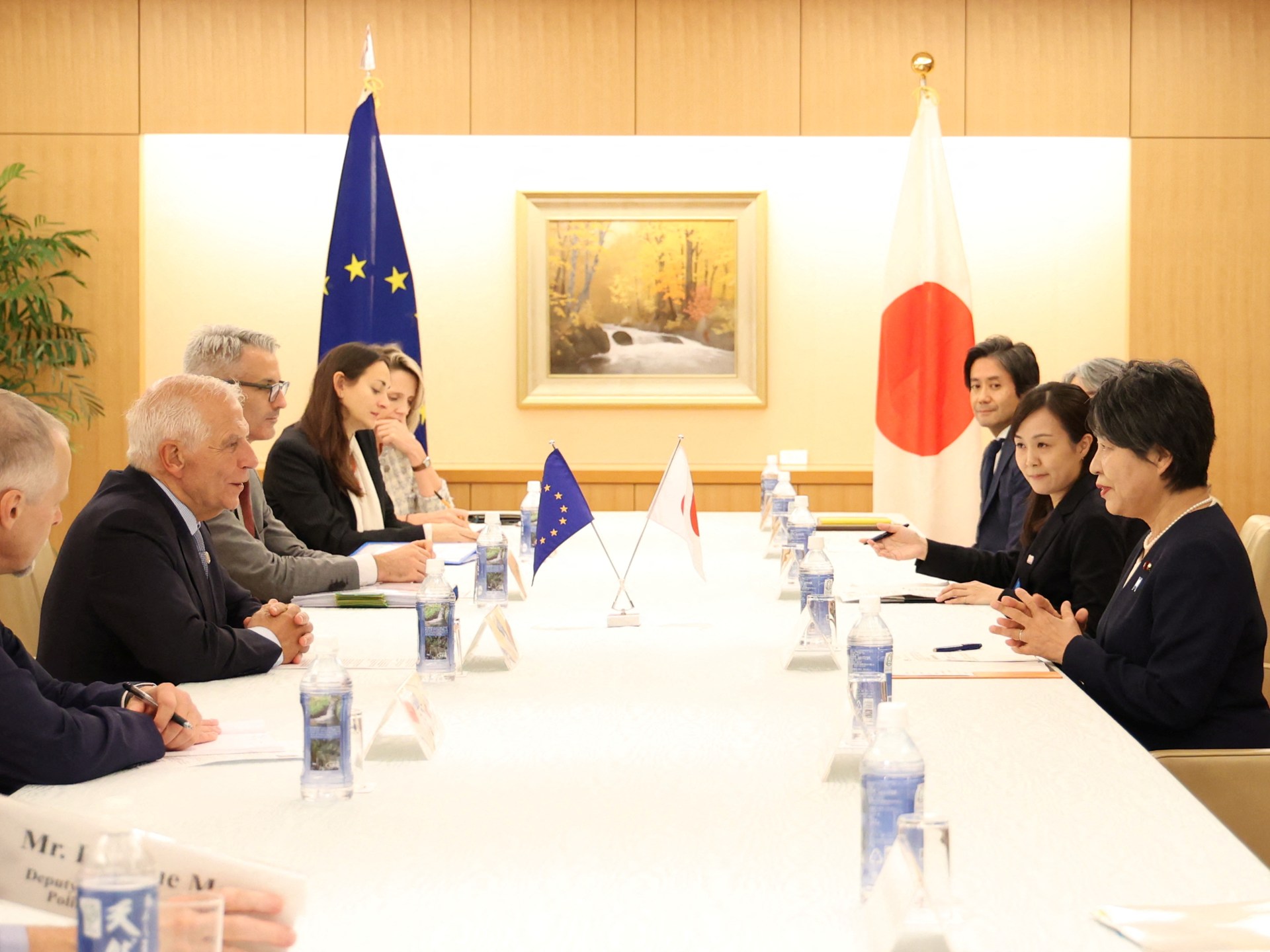
G7 ‘united’ on Ukraine as Russia warns over Western ‘aggression’
Al JazeeraNew US sanctions target workarounds that let Russia get Western tech for war
Associated PressWar sanctions against Russia highlight growing divisions among the Group of 20 countries
Associated Press
Ukraine secures G7 security commitments, yet NATO membership remains elusive
Live MintUkraine wins G7 security pledges, but NATO membership remains elusive
Associated PressEuropean Union countries agree on a new package of sanctions against Russia over the war in Ukraine
Associated Press
EU countries agree on a new package of Russia sanctions over the war in Ukraine
LA Times
Five key takeaways from ‘historic’ G7 Japan summit
The Independent
G7 ends with Ukraine in focus as Zelenskyy meets world leaders and Russia claims disputed gains
Associated Press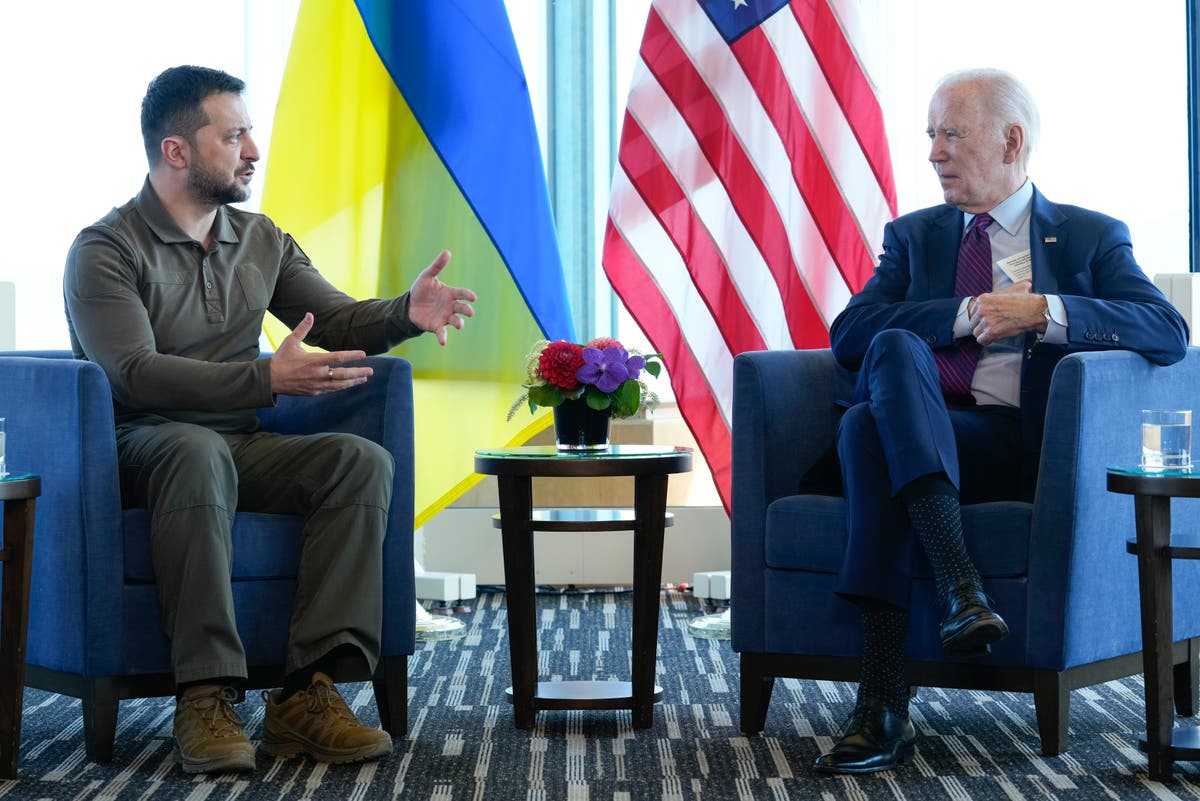
Ukrainian president meets with world leaders at G7 as Russia claims a key victory in the war
The Independent
Ukraine’s Zelenskyy at center of last day of high-level diplomacy as G7 looks to punish Russia
Associated Press
G7 urges China to press Russia to end war in Ukraine, respect Taiwan’s status, fair trade rules
Associated Press
Zelenskyy calls on G7 to ensure Russia is ‘last aggressor’
Al Jazeera)
G7 tightens sanctions against Russia: Will they be effective?
Firstpost
G7 urges China to press Russia to ‘immediately, completely’ end war with Ukraine
Live Mint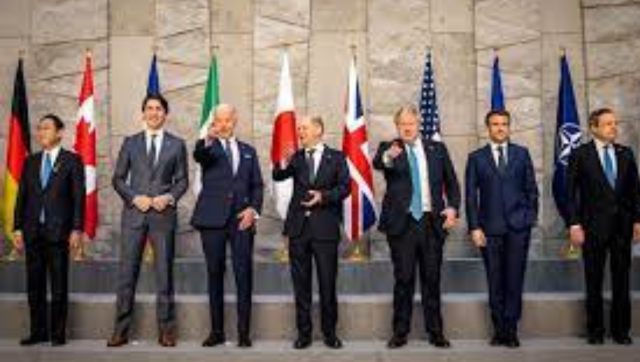)
G7 aims to rein in risks from China, awaits Zelenskiy
Firstpost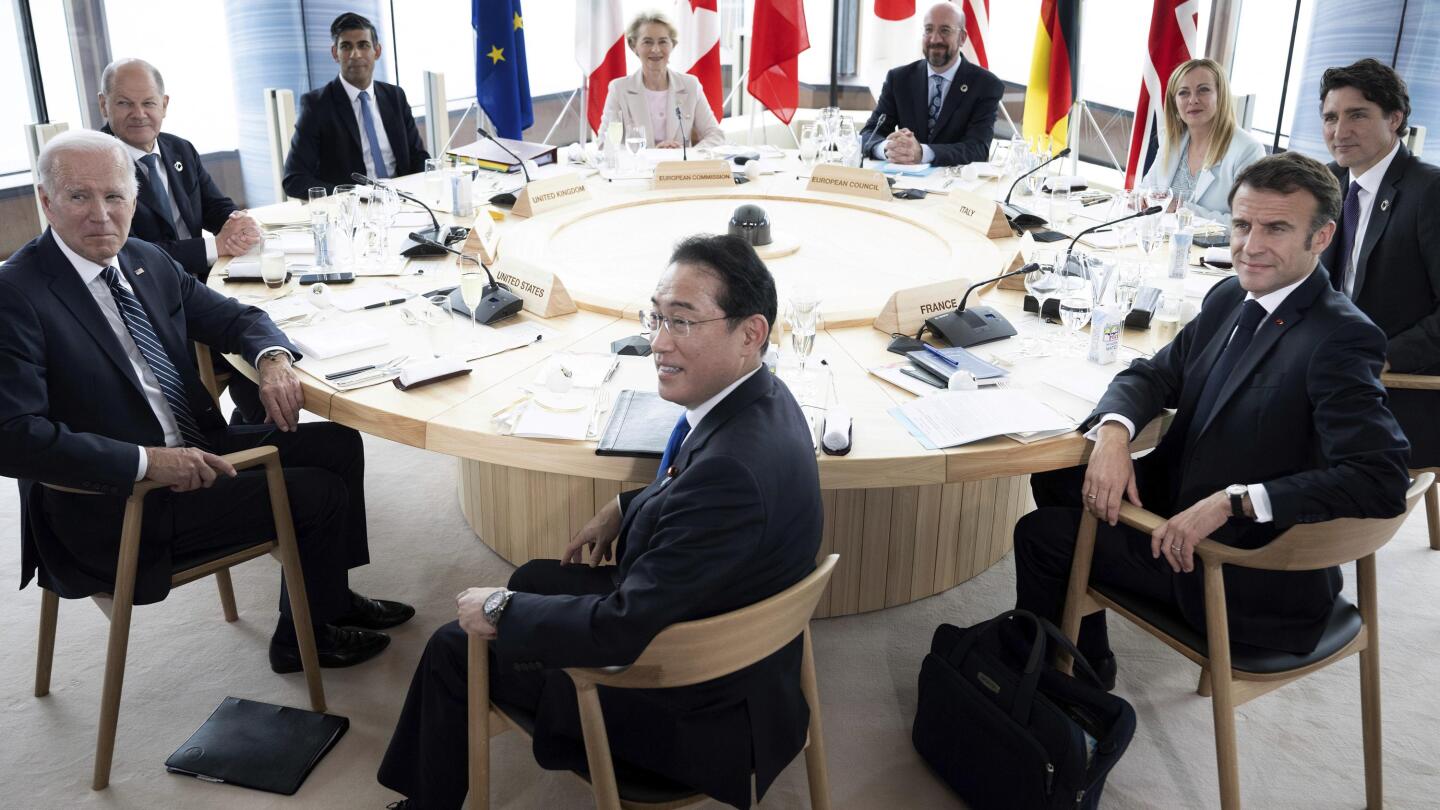
Sanctions against Russia and what the G7 may do to fortify them
Associated Press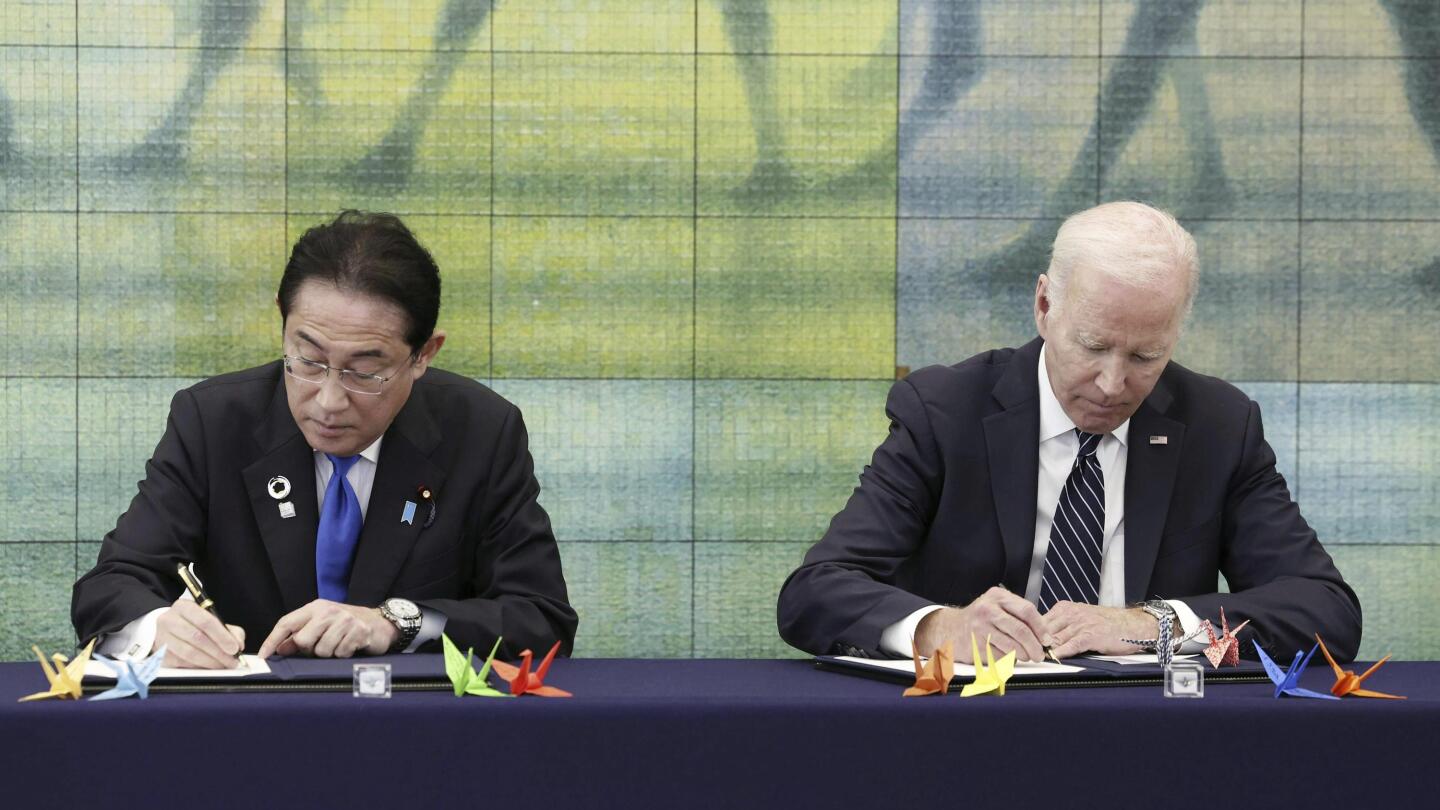
World leaders warn China and North Korea on nukes as Ukraine’s Zelenskyy travels to G7 summit
Associated Press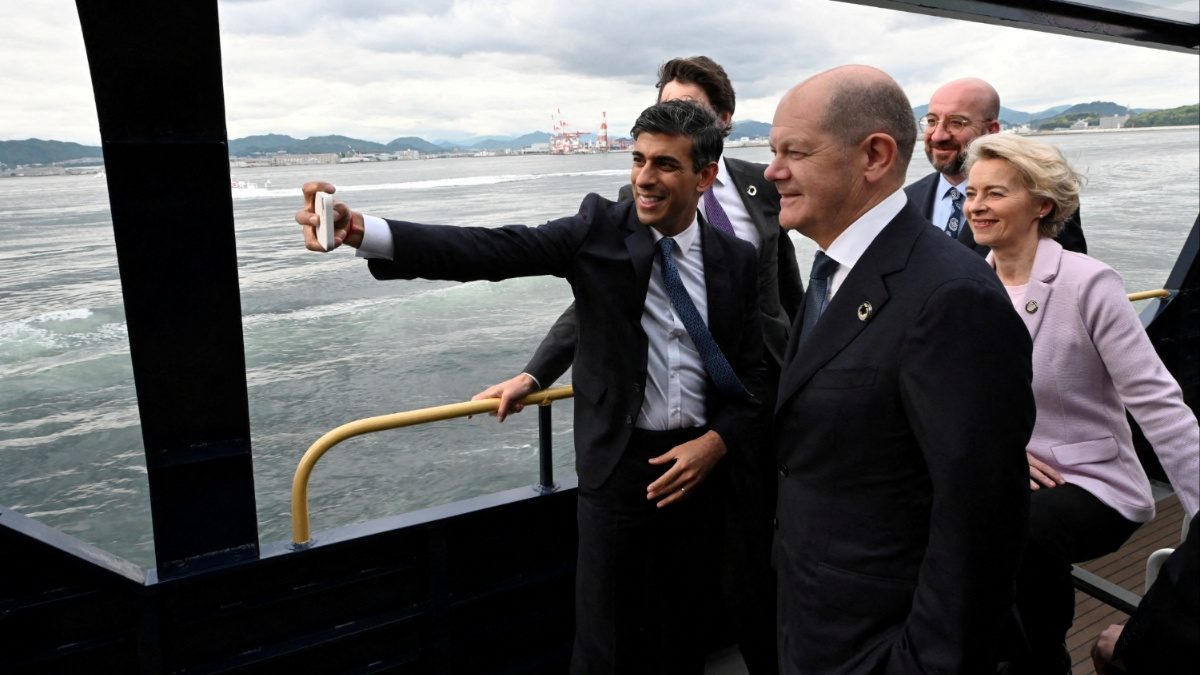
G7 Leaders Take Note of China’s Influence in Low, Middle-Income Countries
News 18
Ukraine's Zelenskyy arrives in Hiroshima for G7 summit as world leaders sanction Russia
India Today
Who are the G7 leaders and what’s on the agenda in Hiroshima?
The Independent
G7 agrees new sanctions to ‘starve Russia’s war machine’
The Hindu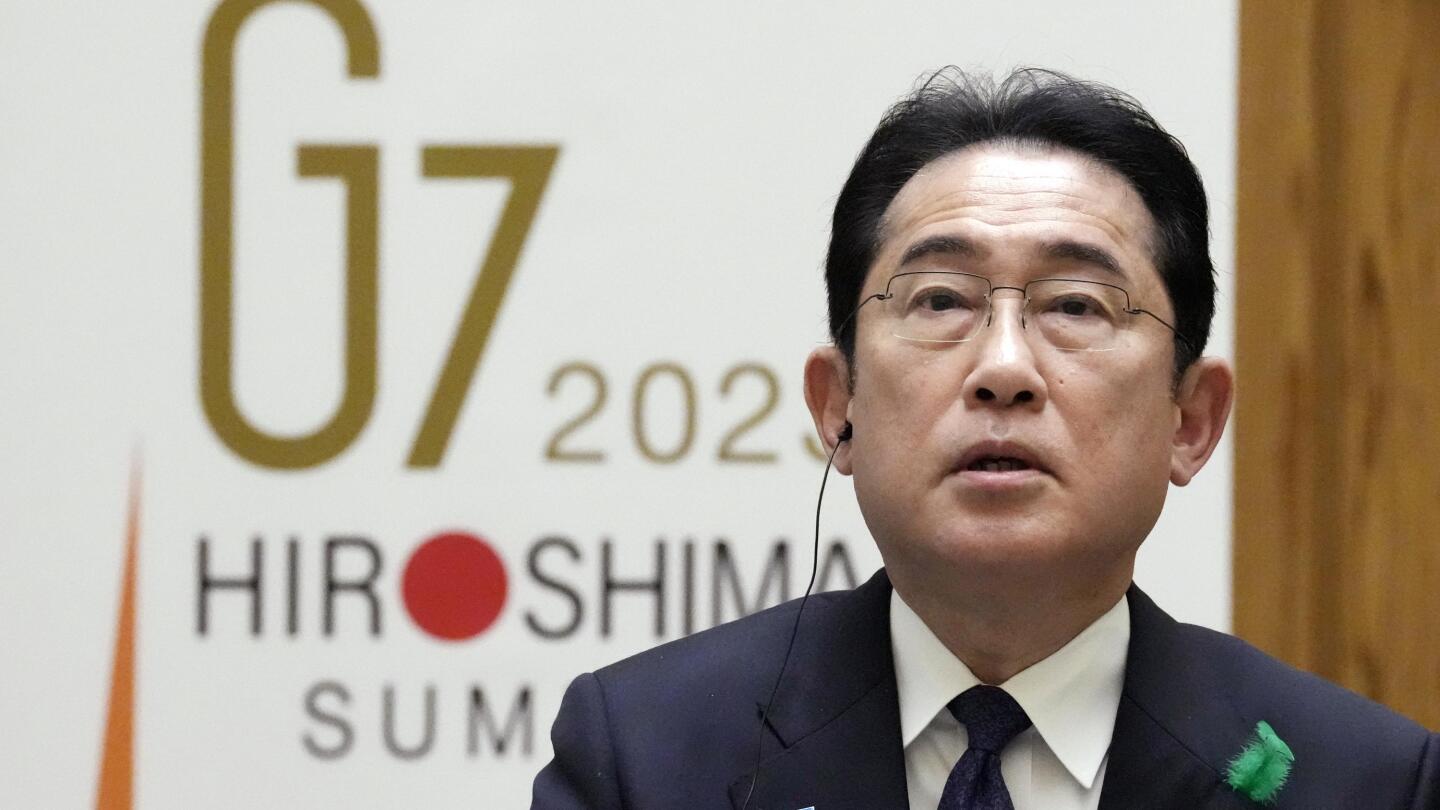
G7 Hiroshima summit: Who’s participating, what will be discussed?
Associated Press
Ukraine’s Zelenskyy to attend G7 as leaders up pressure on Russia
Al Jazeera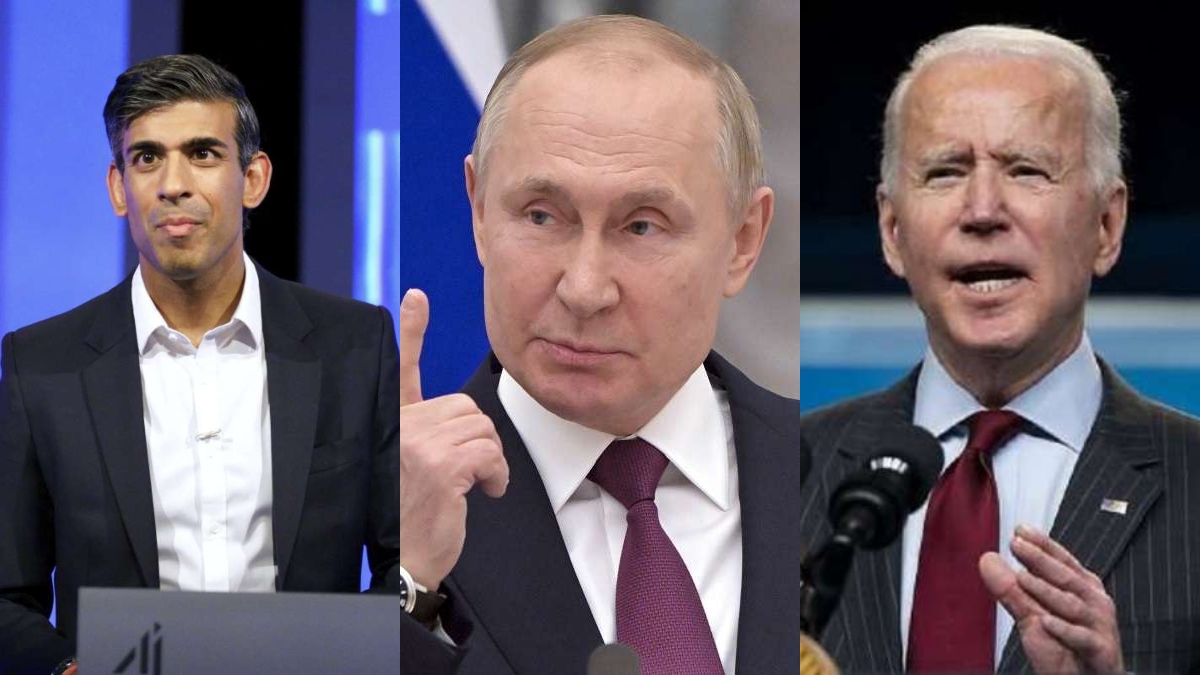
UK, US announce fresh sanctions on Russian items ahead of G7 summit | DETAILS
India TV NewsDiscover Related
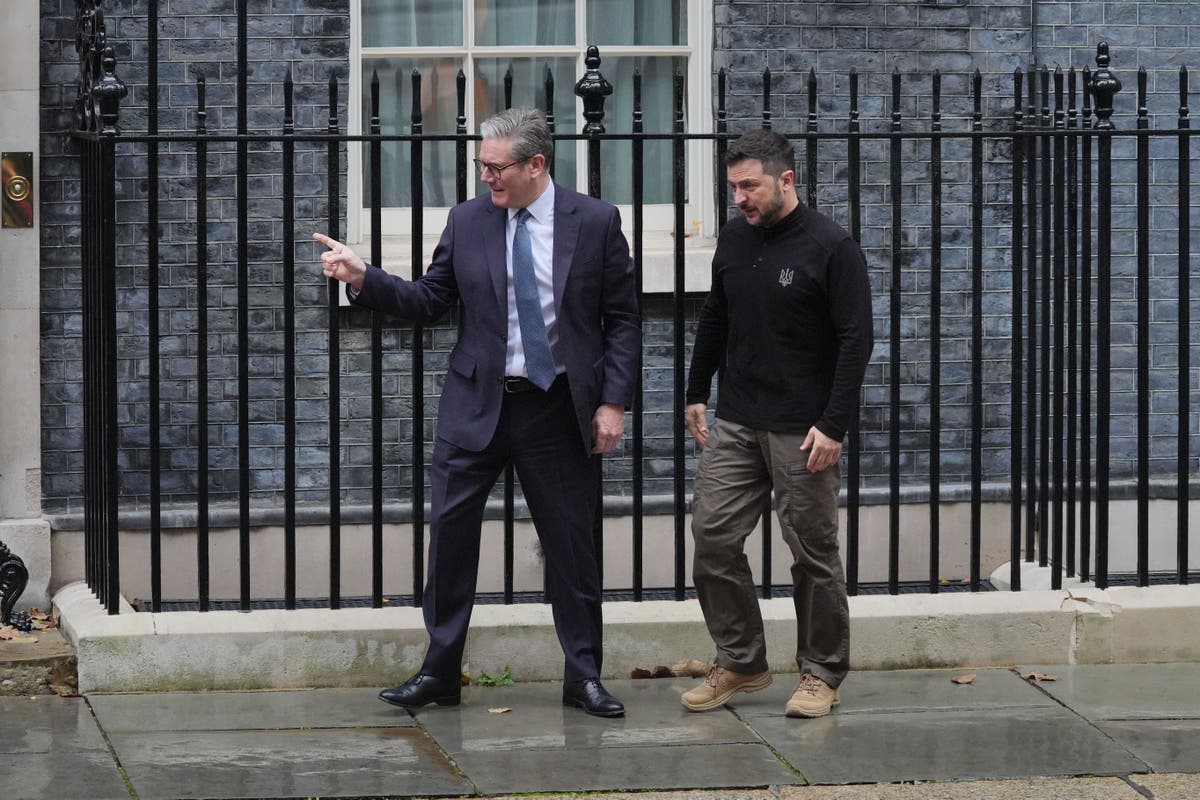
)
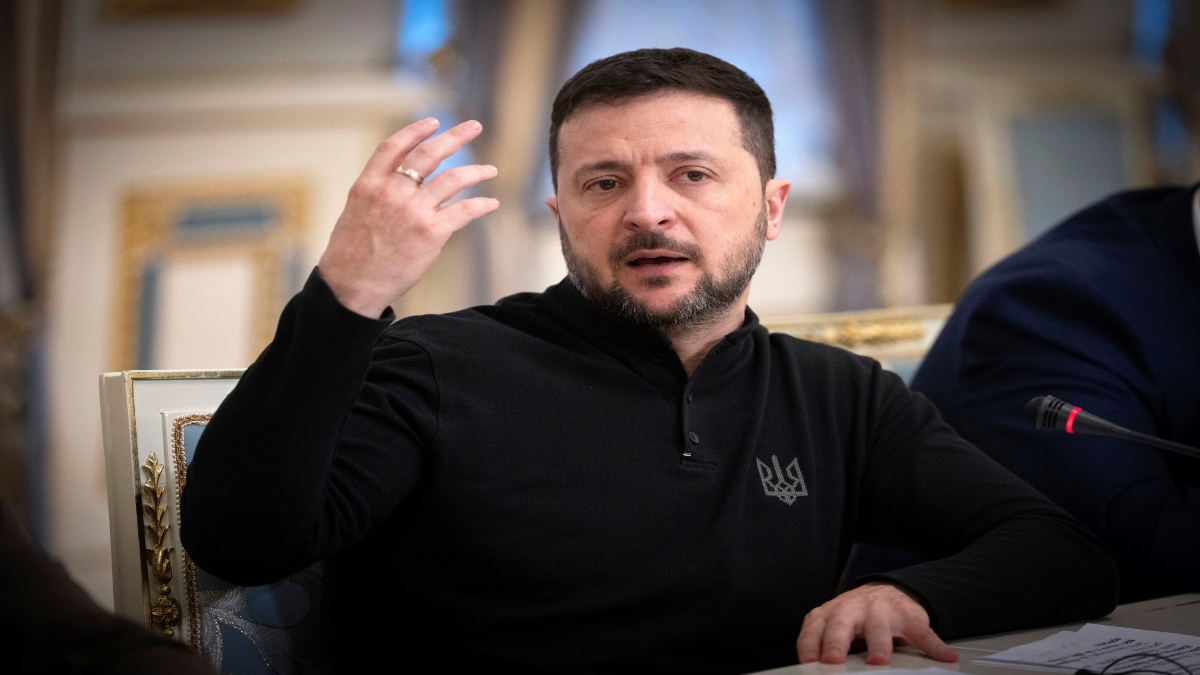)
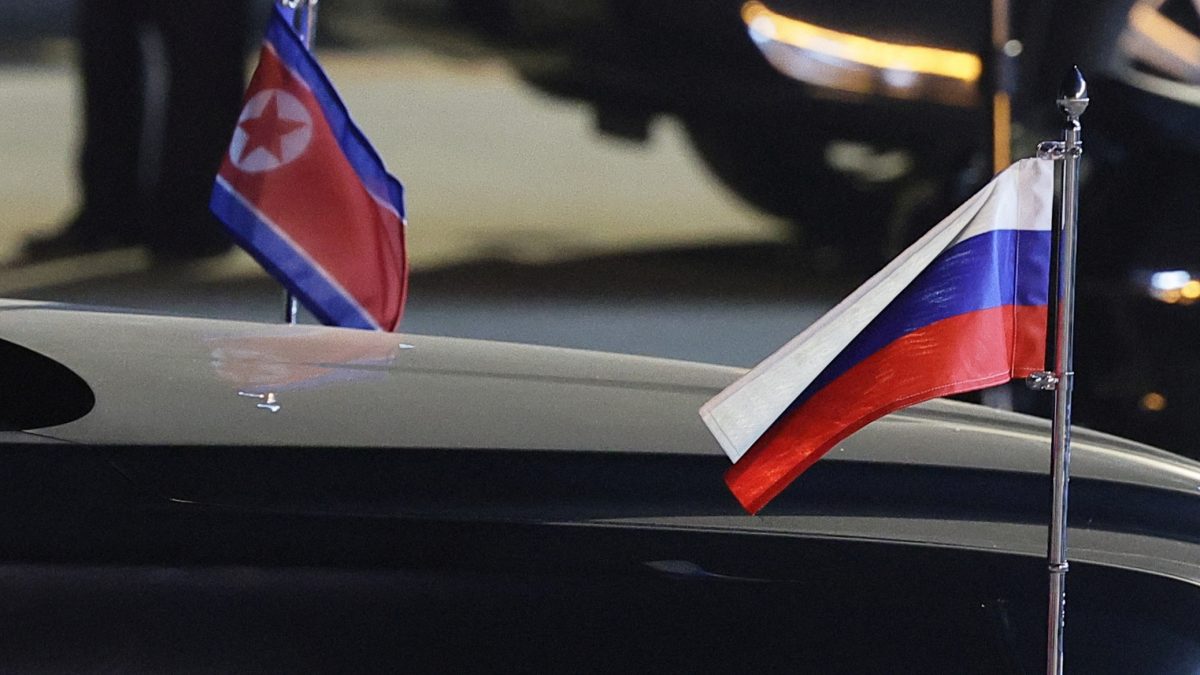)




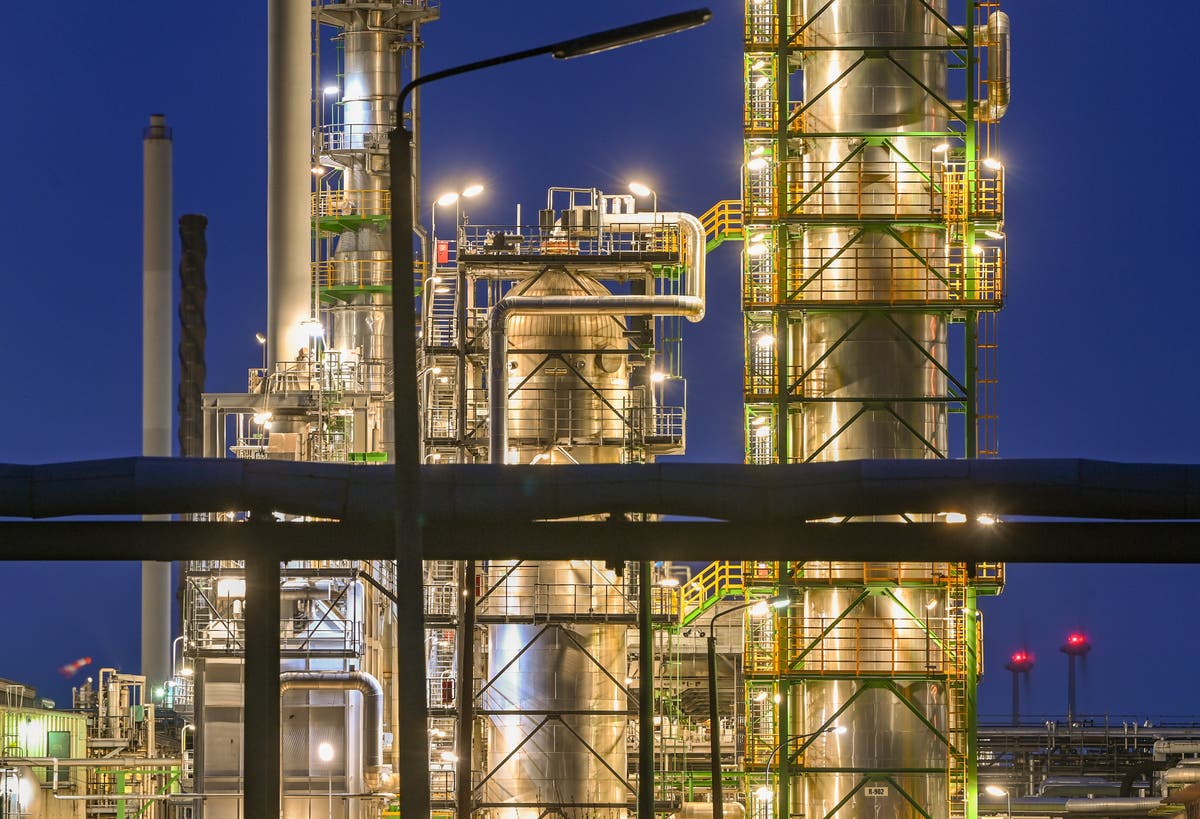
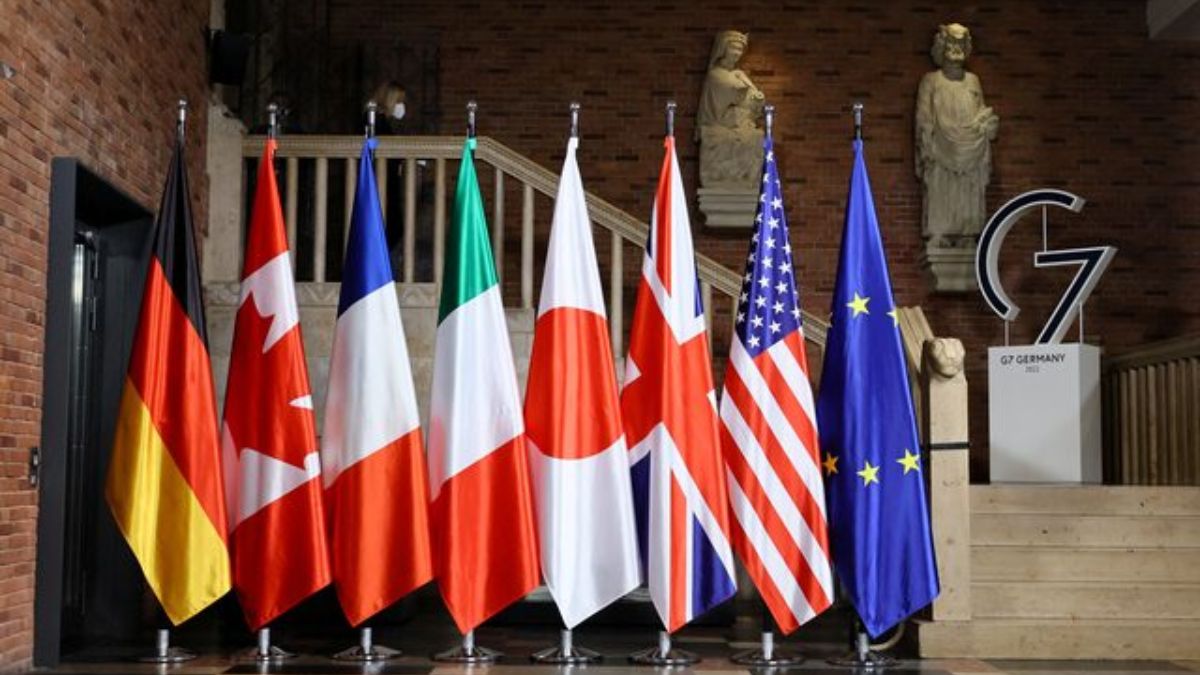)

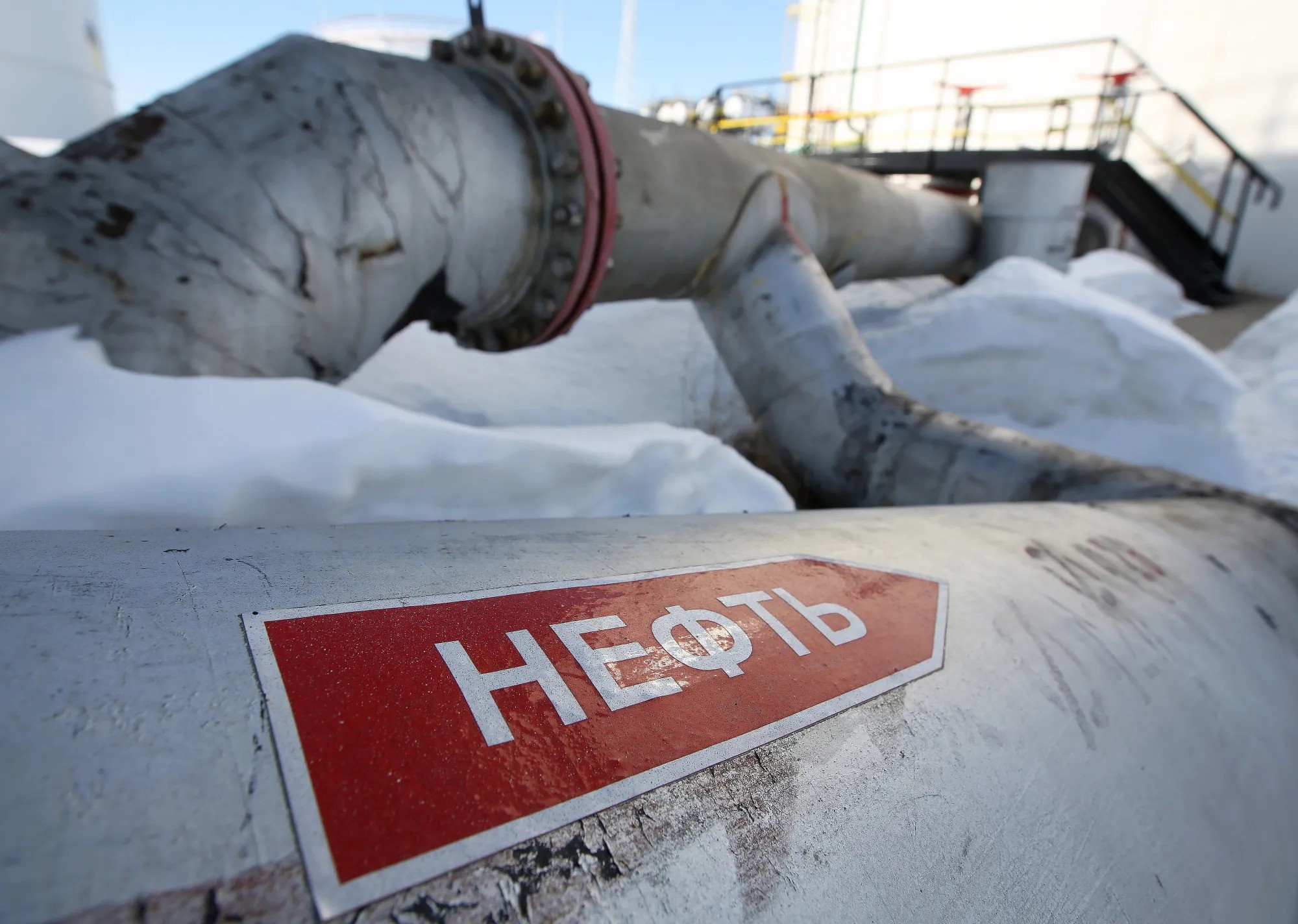

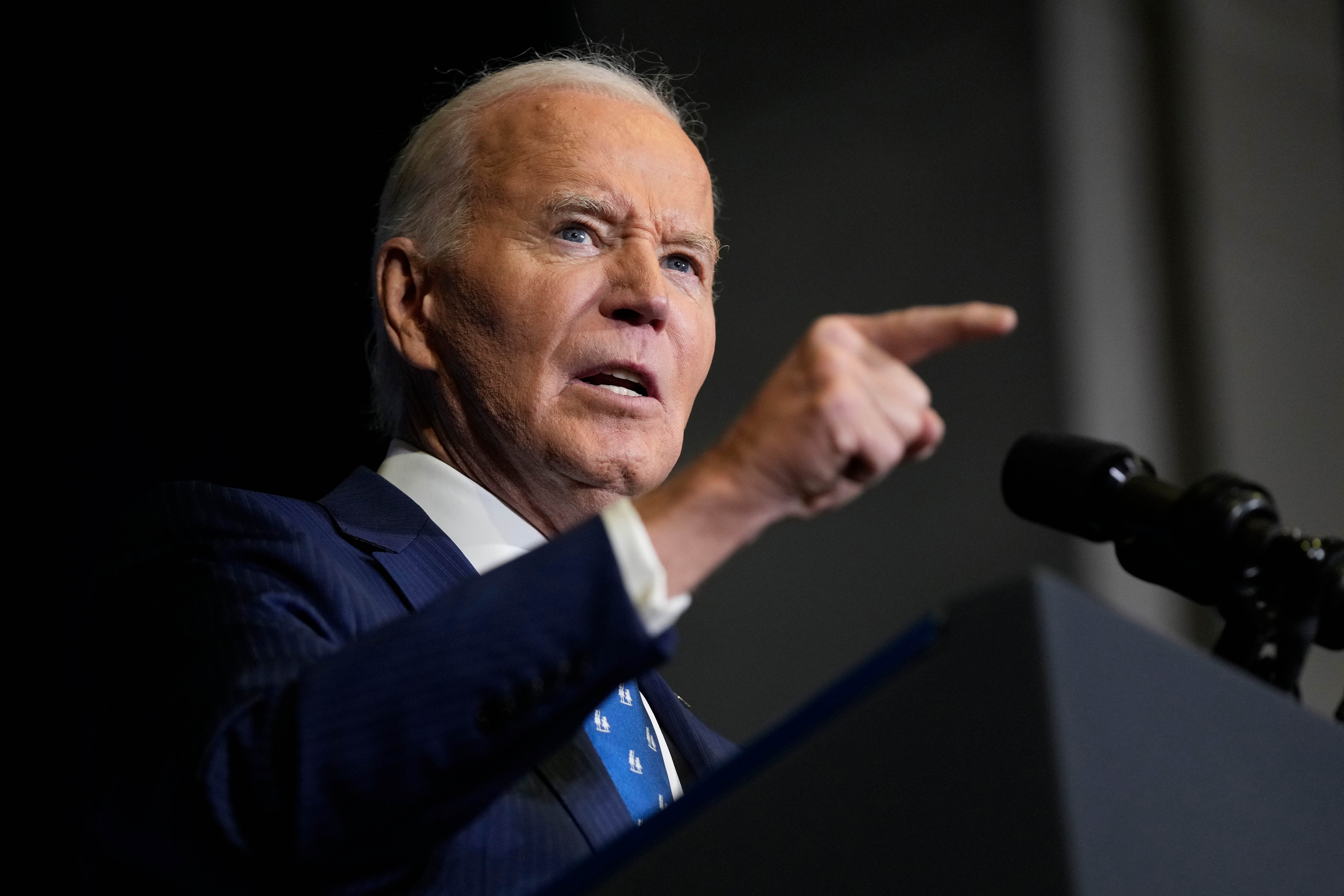


)
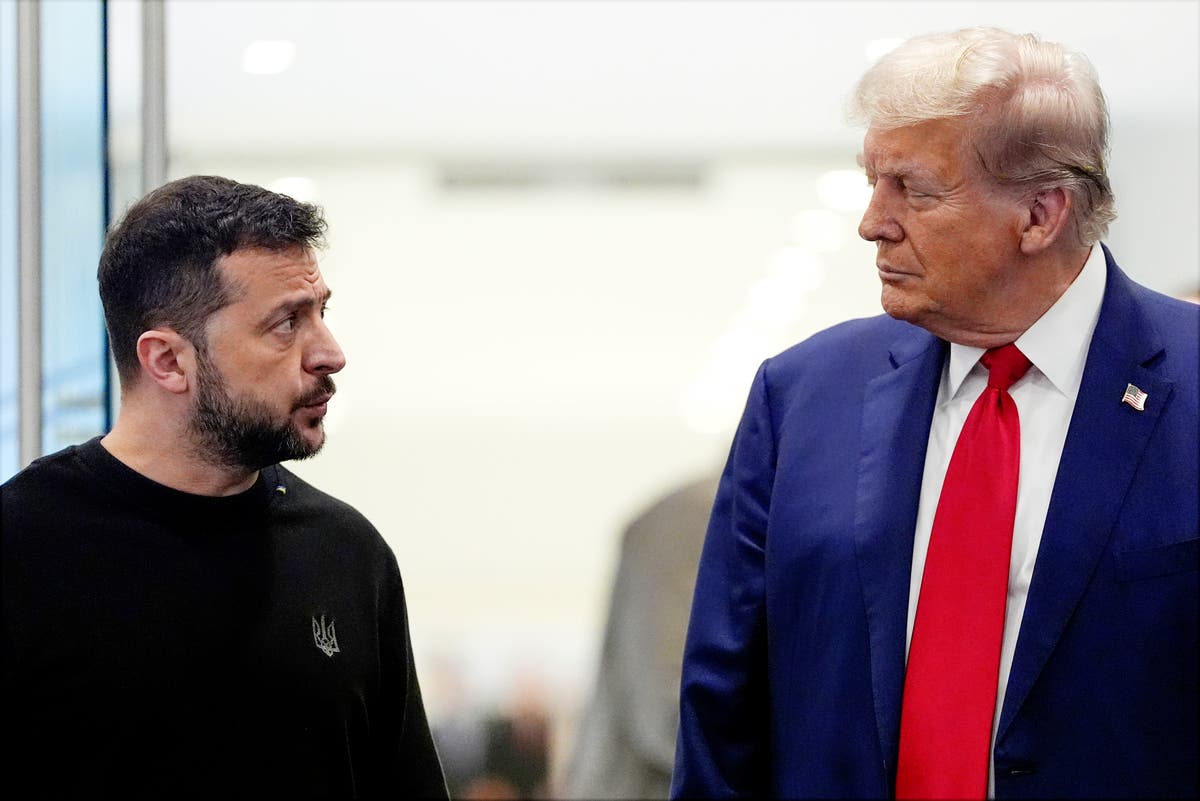
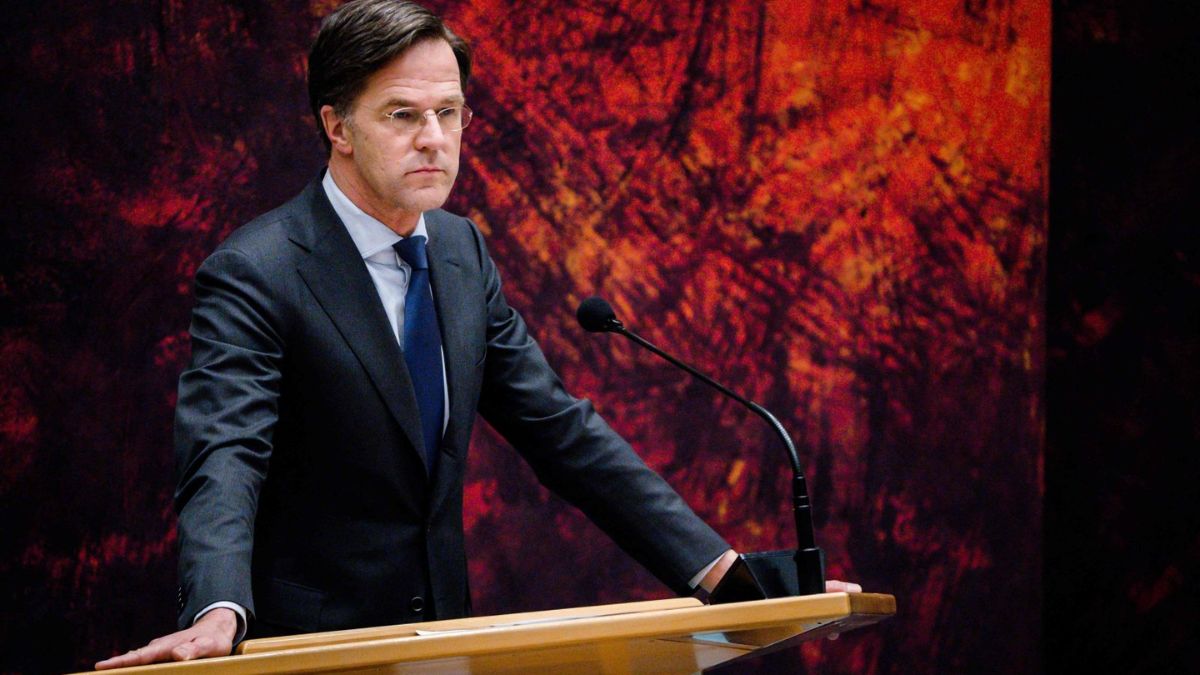)






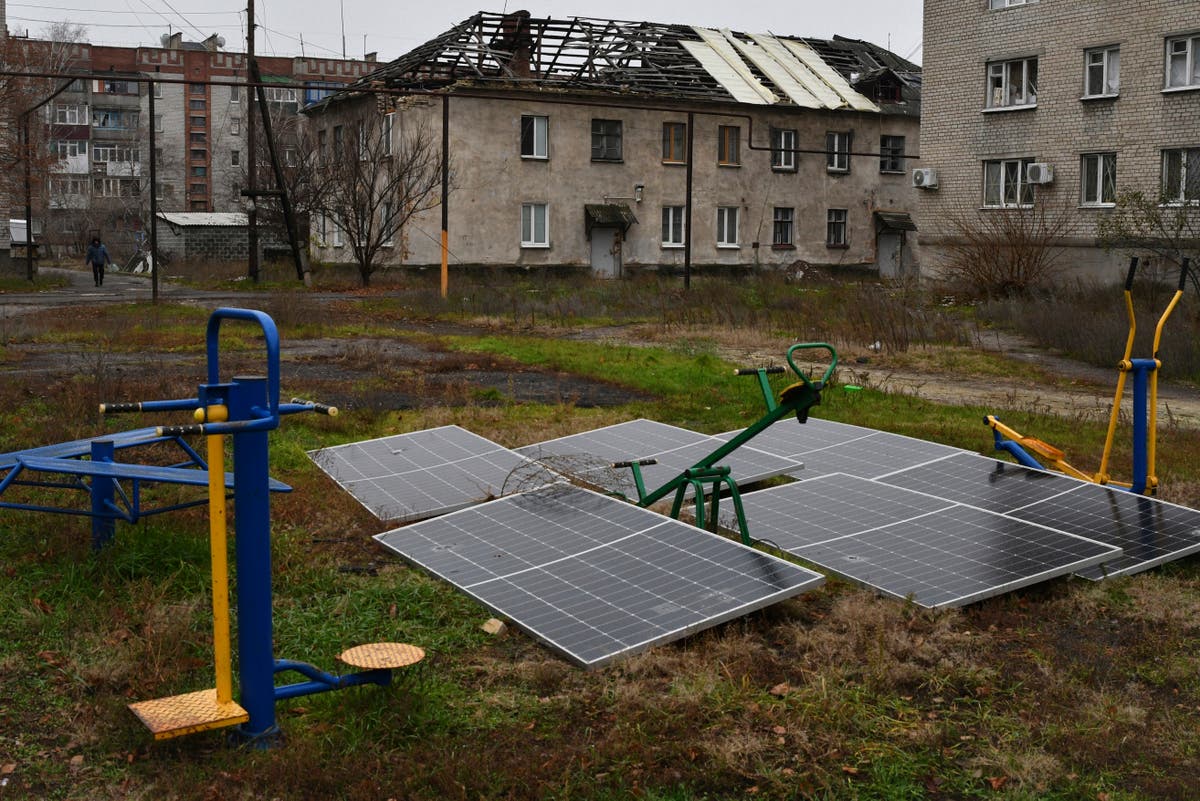

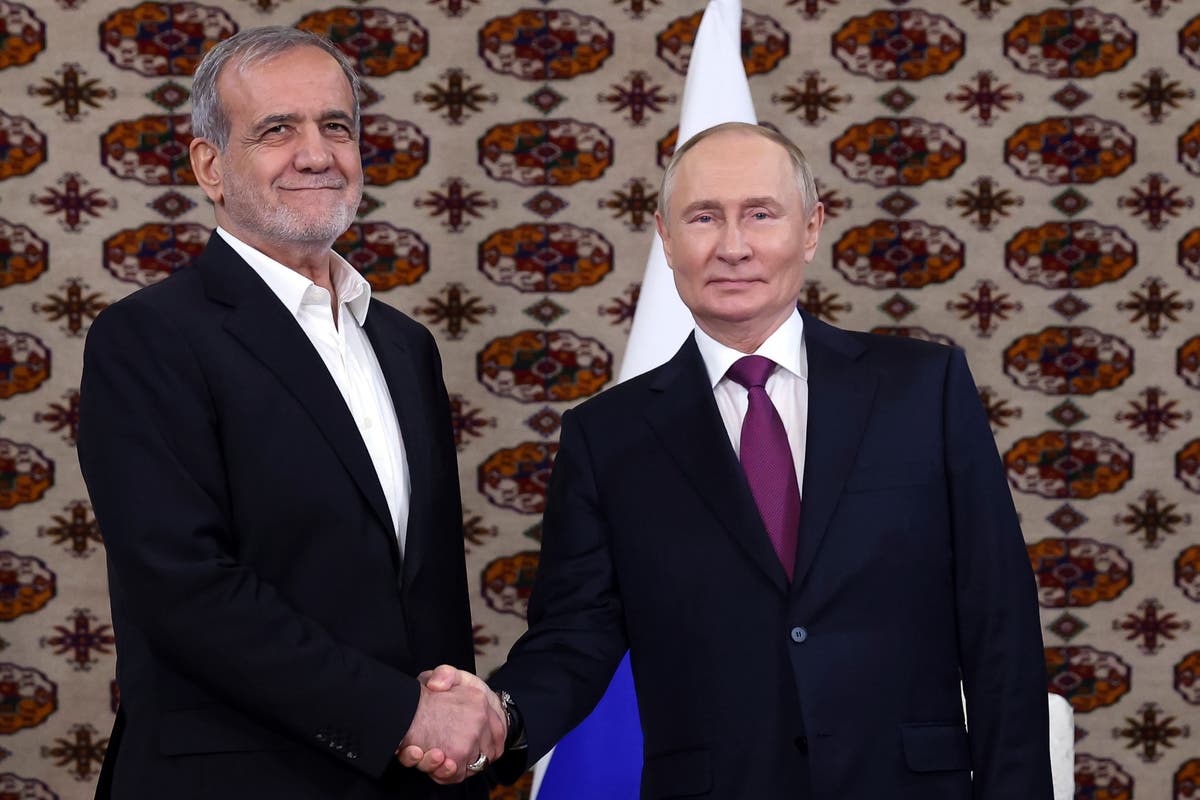
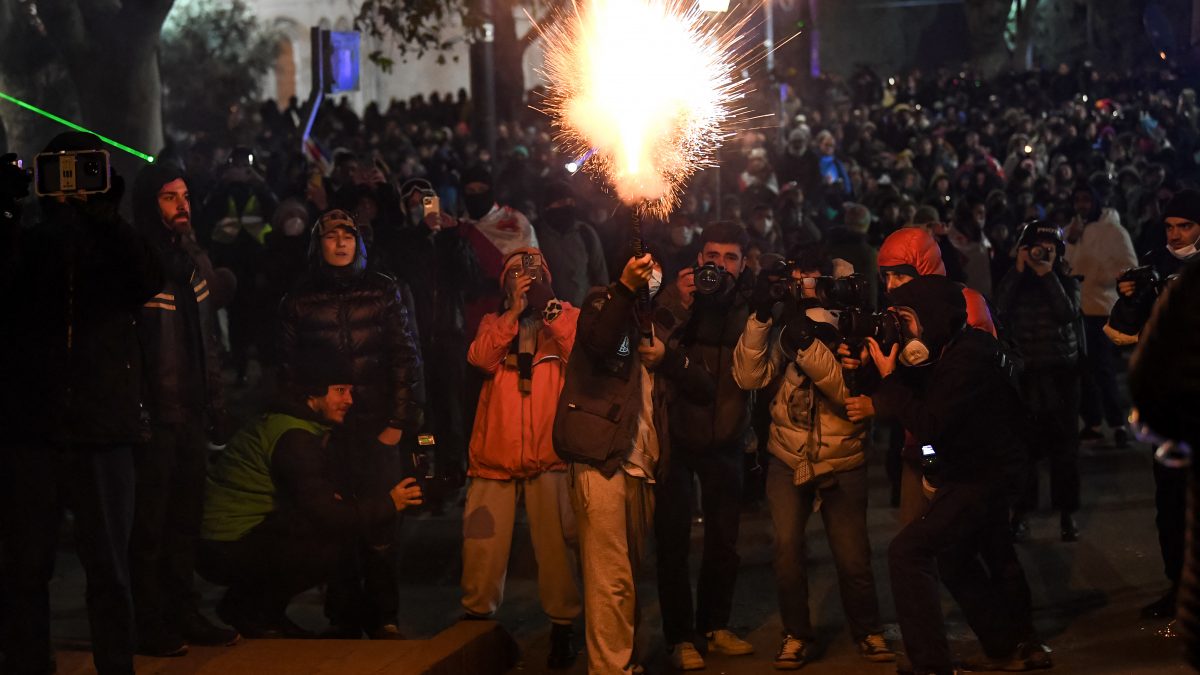)





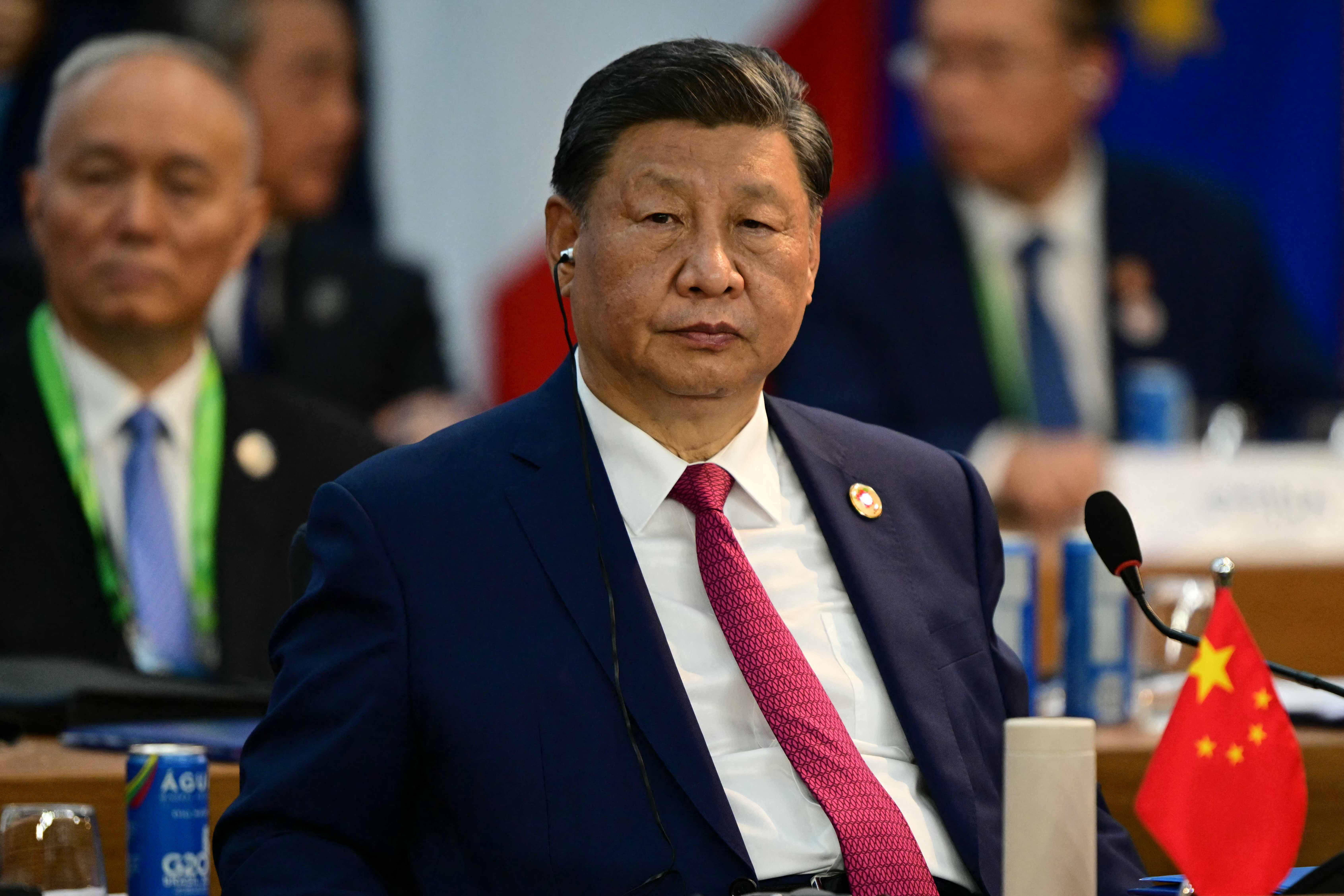

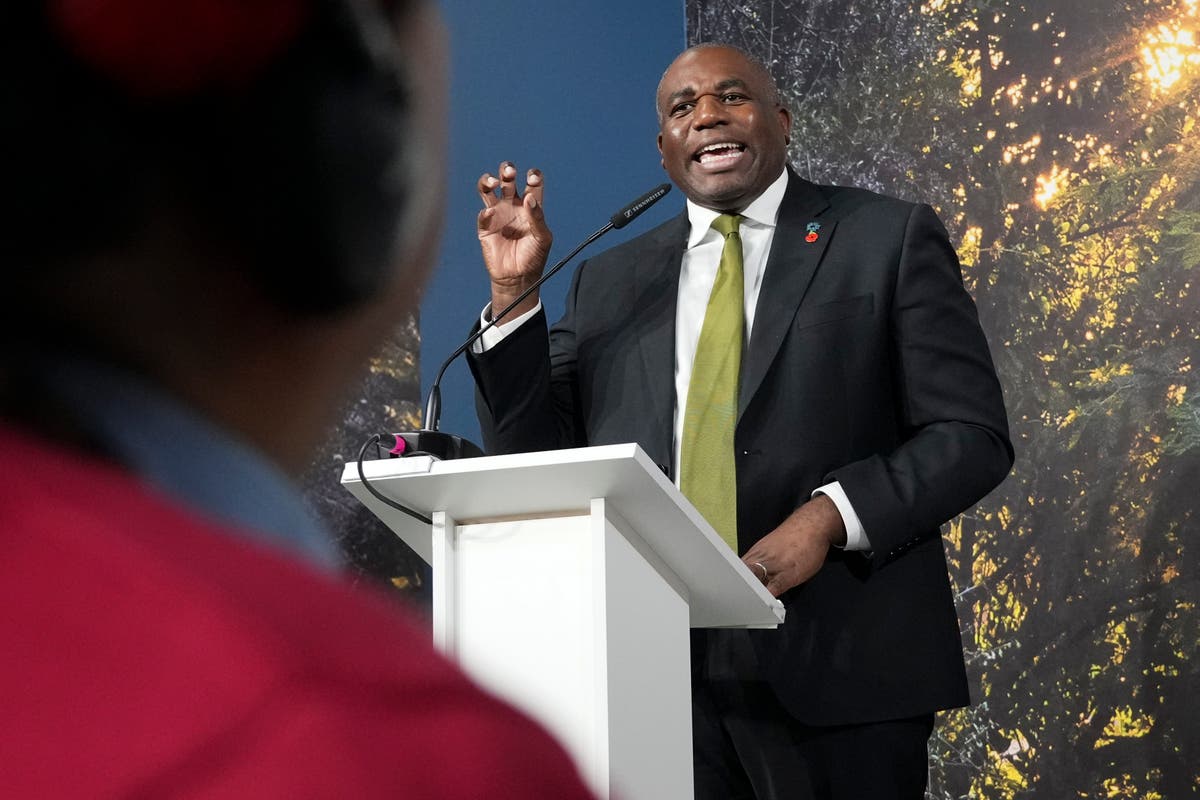
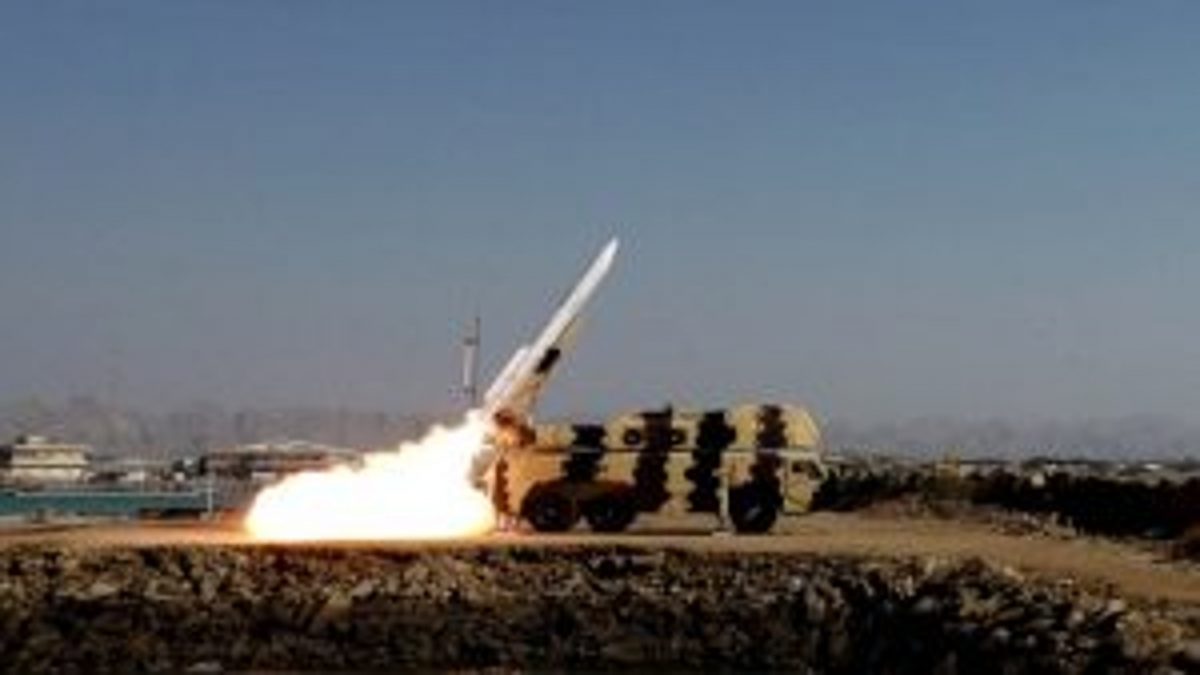)
)